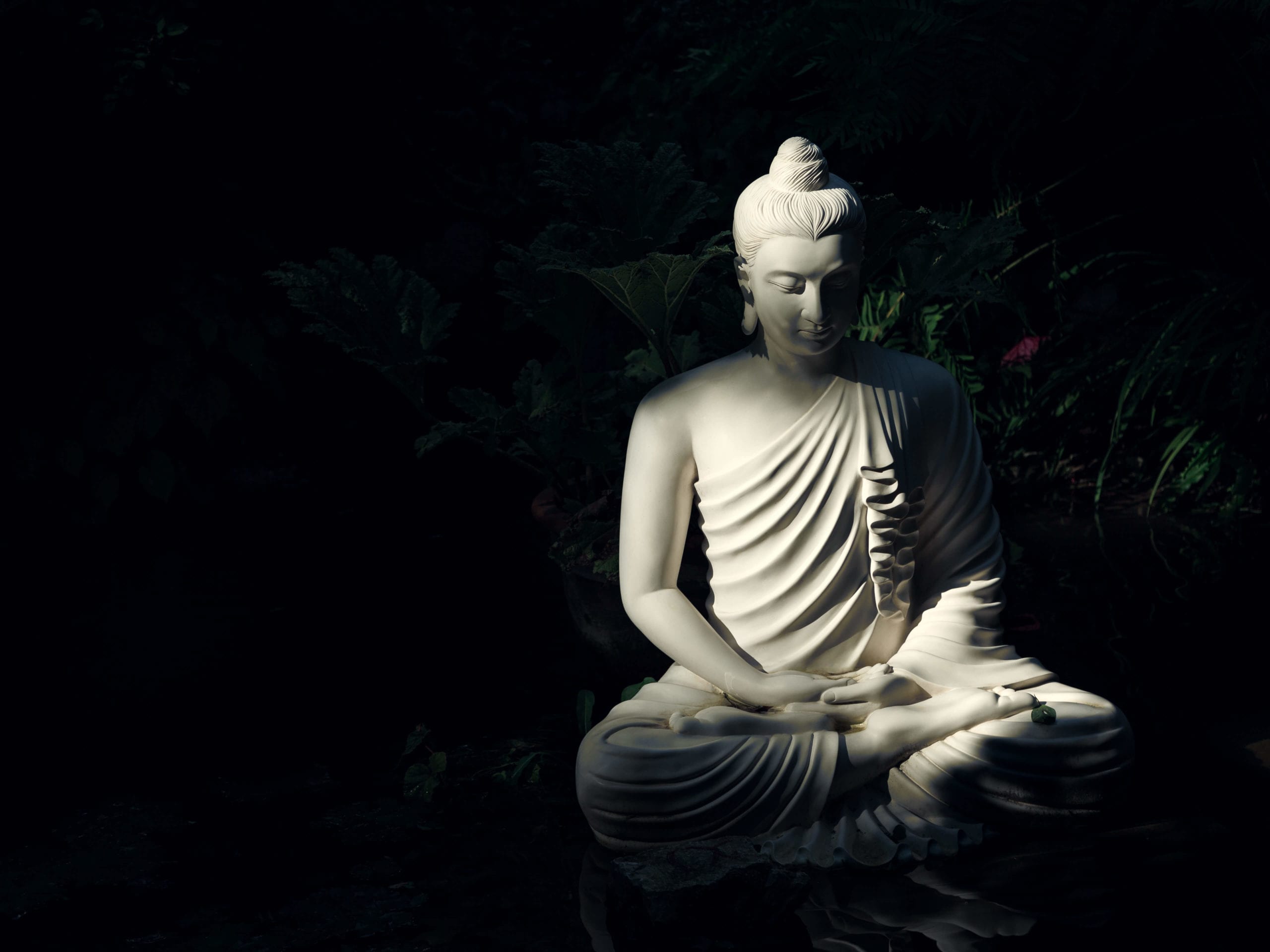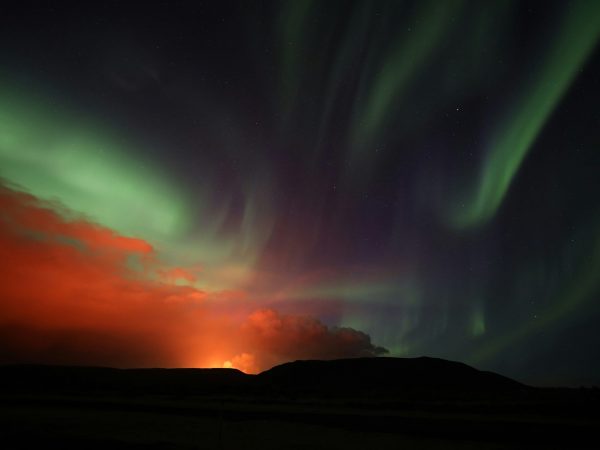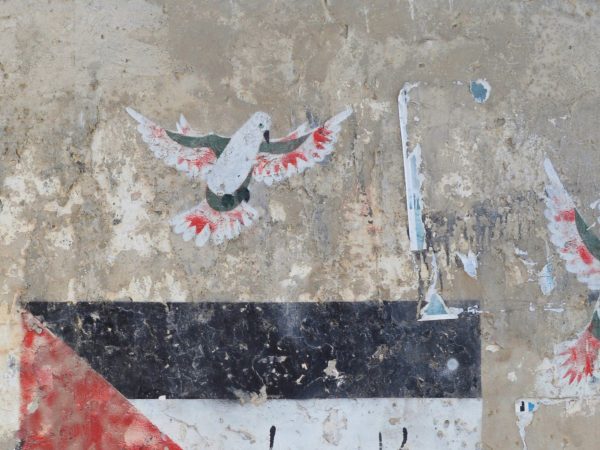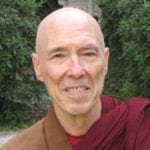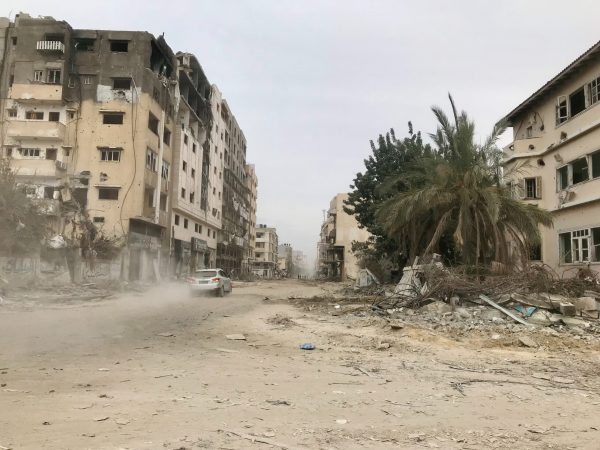It has become increasingly difficult to ignore the increasing decimation of ecological systems and species, the dire prognoses of climate scientists, and the daily updates on the exploitation of the earth and its peoples. How do we cope with, navigate and experience the losses of local and global species and ecologies? How do we respond to the more-than-human suffering and losses of these times? How do we understand the relationship between ecological breakdown and social injustice? How do we skillfully navigate and care for one another as our earth ecologies respond to the increasing impact of global climate change? What are the tools for establishing healthy, compassionate, and mutually supportive relationships with each other and with the more-than-human world?
Chaplaincy is sacred work in that it can involve touching and caring for the deepest, most personal and most valuable areas of people’s lives.
The teachings of Buddhism and the practice of mindfulness can strengthen our capacity to respond skillfully to the above questions. Attending open-heartedly to the present moment, a core teaching of the Buddha, can be considered an act of great courage. In doing so, we increase our willingness and capacity to be with suffering and to respond not with aversion or denial but with compassion and wisdom. Western Buddhism has a long history of engaged practice in the West; while most notable in the tradition of Zen Buddhist practitioner Thích Nhất Hạnh, students and teachers of various traditions have found that the insights of impermanence and interconnection help inspire and fuel an inclination to attend to wisely to contemporary cases of injustice and inequality.
Eco-Chaplaincy: Expanding the Circle of Care
As noted by Wendy Johnson in a recent article in Tricycle, the origins of Christian chaplaincy go back to Saint Martin in 4th century France; chaplains in the tradition of Saint Martin are “people of faith performing religious duties in a secular situation, creating chapels of refuge in the heart of the world.“ The growing field of eco-chaplaincy in turn reflects the increasing awareness that our care and attention must extend beyond the human. Sarah Vekasi, a student and practitioner of Joanna Macy’s Work that Reconnects, described and defined the work of an eco-chaplain in the early 2000s as a form of secular and inter-religious spiritual support for social and environmental justice activists and other individuals and communities experiencing grief, despair, and confusion in the wake of environmental and social injustices. Since then, eco-chaplaincy trainings, offerings and initiatives have been forming around the country, from the work of the Chaplaincy Institute and Reverend Lauren Van Ham, to Upaya Zen Center’s Eco-Chaplaincy training, and to our Buddhist Eco-Chaplaincy training program offered through the Sati Center for Buddhist Studies.
Where there is suffering, the eco-chaplain is interested in healing; where there is joy and love, the eco-chaplain helps celebrate.
The Sati Center’s Buddhist Eco-Chaplaincy year-long training program is a pioneering endeavor which places Buddhist practice and Dharma values at the heart of caring for the more-than-human world, for our self and others in relation to this world, and for the sufferings, joys, and degrees of inner freedom we can all have in relation to it. Our training program offers experience-based activities and contemplative practices that deepen individuals’ own relationships with nature as well as provide them with skills to be spiritual caregivers, knowledge to better understand contemporary environmental and social justice issues, and tools to help others (re)connect with nature and face contemporary environmental crises with wisdom and compassion. We anticipate that participants will walk away from this program with skills and practices they can offer to their community, a greater sense of personal connection with the natural world, insights into the interdependent existence and interconnection of all life, a supportive eco-dharma sangha, and increased ability to turn towards difficulty with wisdom and compassion.
During our inaugural program, launched in July 2019, participants are given materials every month in a variety of forms (written, video, audio) to inspire, provoke, and engage our practice, our minds, and our hearts in deeper connection with the natural world and to explore our responses to the climate emergency. Through a variety of guest teachers, inquiries and exercises, we engage with the natural world as refuge, guide, teacher, and companion from childhood to the present day. As one participant shared, “We explore ourselves and each other as colleagues, integrating these experiences and learnings with the practice of chaplaincy skills (deep listening, the making of ceremony, and prayer). Curious to see how being an EcoChaplain will eventually manifest in our lives, we also see that embracing uncertainty and dwelling in possibility are also part of the practice.”
A Sacred Response to Suffering
Chaplaincy is sacred work in that it can involve touching and caring for the deepest, most personal and most valuable areas of people’s lives. Eco-chaplaincy adds to this a focus on the sacred or profound interconnectedness people have with the earth. Where there is suffering, the eco-chaplain is interested in healing; where there is joy and love, the eco-chaplain helps celebrate; where there is alienation, the eco-chaplain fosters belonging; where there is injustice the eco-chaplain promotes justice and reconciliation, and where there is the possibility of doing good, the eco-chaplain promotes the greatest good for all involved. Training in eco-chaplaincy is more than acquiring knowledge and skills in this new field. As we face increasing uncertainty and environmental losses, we are asked to delve into the depths and breadths of our spiritual lives and face these times with compassion, integrity, unconditionality and clear seeing. Eco-chaplaincy is one avenue within which to practice and cultivate these capacities and to respond with care and wisdom to the suffering of our world.
